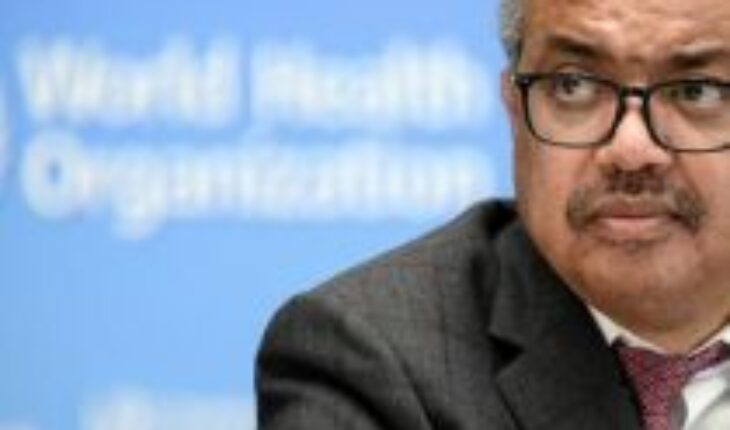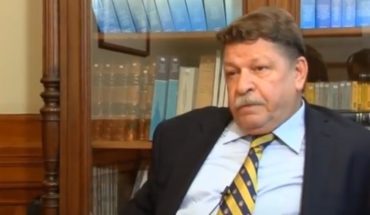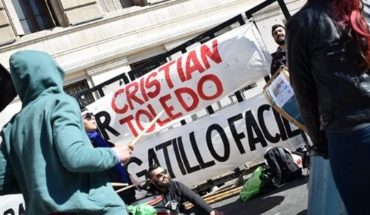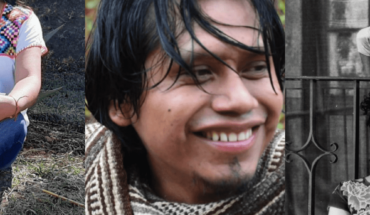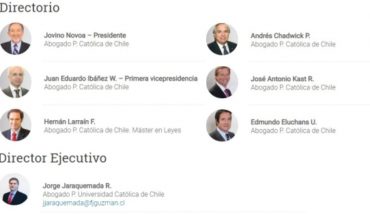“It’s certainly not over. I know it’s not the message they want to hear, nor the one I want to give, … but it won’t end until I’ve done it in every country,” the agency’s director-general, Tedros Adhanom Ghebreyesus, told more than a hundred health ministers from around the world in the opening speech.
The head of the WHO, who in this assembly will be re-elected for a second term, did recognize that in many countries “life already resembles that of before the pandemic” and this among other things has allowed the 75th assembly to be held in a face-to-face format after two years in which it had to be virtual.
“It’s good to see them again, it’s been a long time,” said Tedros, who stressed that “for two years technology has allowed us to meet and continue working together, but nothing beats seeing each other face to face.”
Tedros warned, however, that the sense of normalcy can cause the world to “lower its guard dangerously”, at a time when many countries have reduced testing and this prevents knowing the true incidence of the disease, which could thus be transmitted faster and evolve into new more dangerous variants.
The Ethiopian expert recalled that one billion people in the lowest-income countries are still not vaccinated against covid, and only 57 countries, approximately a third of the total, have achieved the goal set by the WHO of inoculating at least 70% of their population against covid.
“We ask those countries that have reached that 70% to help those who have not yet achieved it,” said Tedros, who stressed that covid is not the only health challenge in a world in which outbreaks of Ebola, childhood hepatitis of unknown origin or monkeypox have recently been detected.
UN Secretary-General António Guterres intervened by video message on the opening day to underline that the assembly must discuss an increase in WHO funding, after it was seen in the pandemic that it did not have the necessary resources to respond to a health crisis of that caliber.
“The assembly will discuss how to make WHO funding sustainable, but there is no investment that brings more benefits than is done in health,” said Guterres, who called on the 194 WHO members to “invest in a healthier future for all.”
French President Emmanuel Macron, also in a video message, recalled that another important point of debate will be how to improve the pandemic response capacity of the WHO and the international health system, and proposed in this regard a “standing committee” in the organization to deal with health emergencies.
“An ambitious body so that collectively we are more ready for any emergency that arises,” suggested the French president, who reiterated his country’s support for a future international and binding agreement to deal with future pandemics and other health emergencies, which could be approved by the WHO in 2024.
At the opening of the assembly the war in Ukraine was also present, and the WHO director-general, who visited that country recently, recalled that conflicts “deprive entire populations of essential health services”, leaving children to be vaccinated and people without vital treatments.
“War also creates the ideal conditions for diseases to spread,” said Tedros, who recalled that the flu of 1918, one of the worst pandemics in history, coincided with the First World War.
Follow us on

